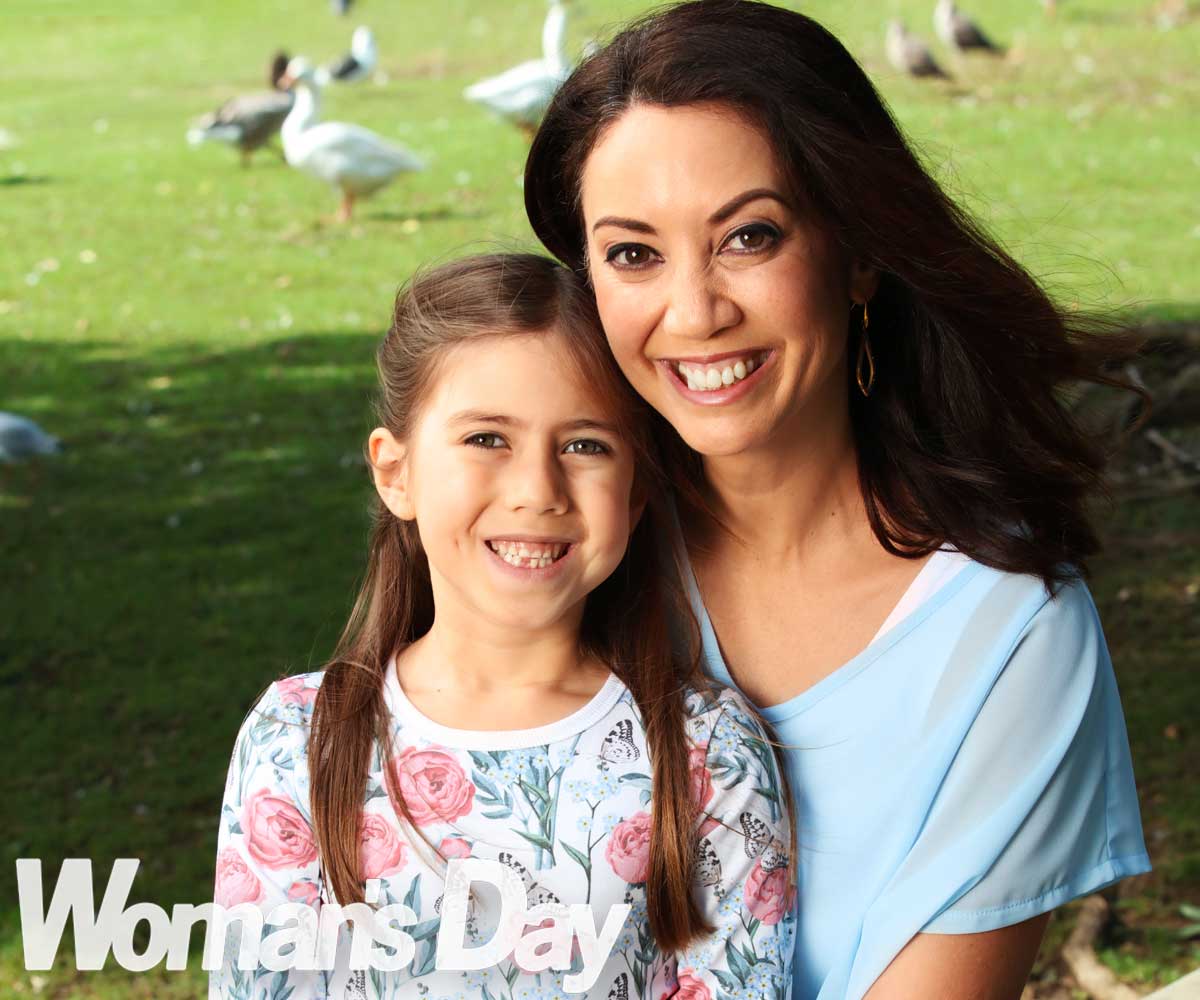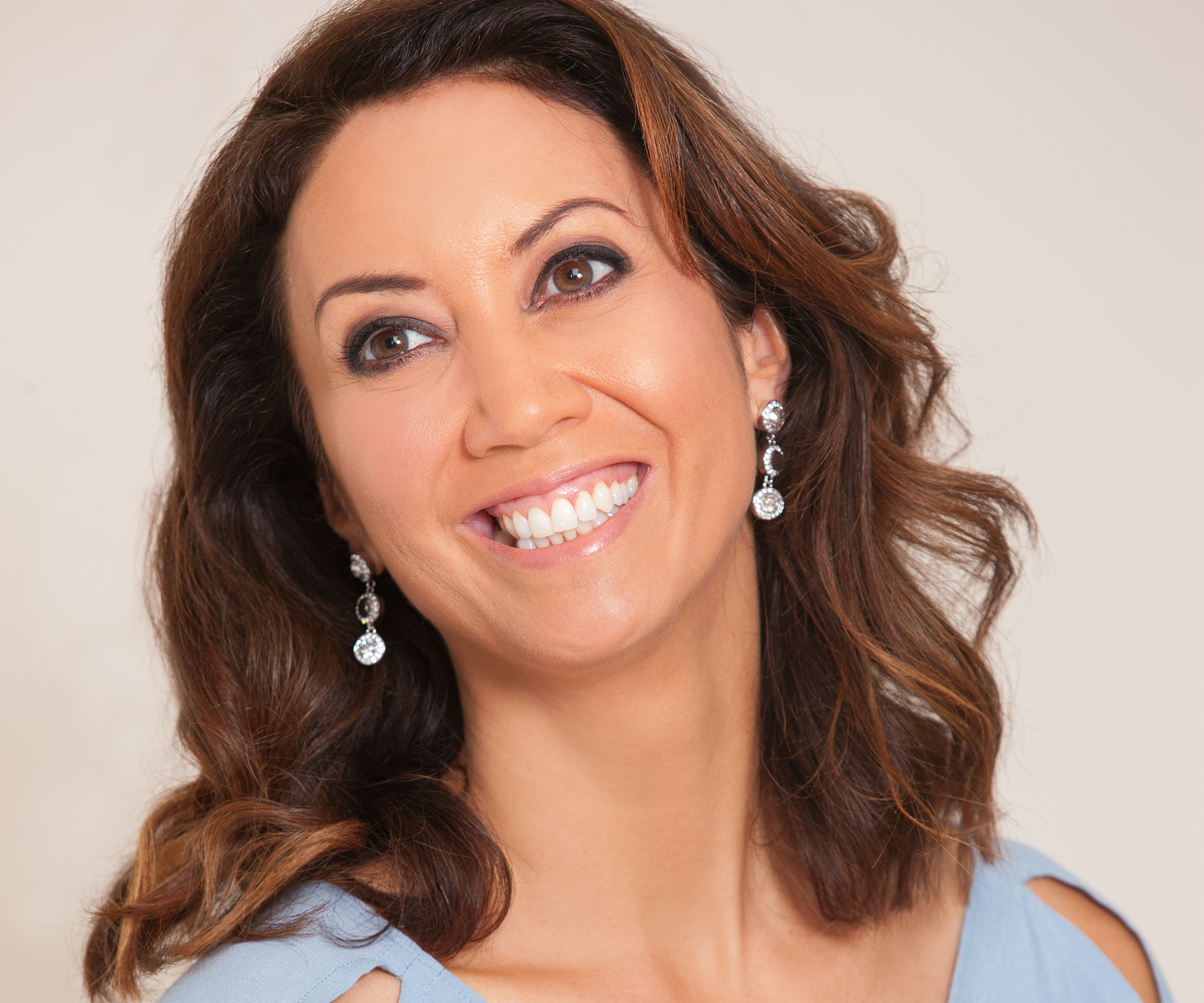For Miriama Kamo, the upcoming Matariki celebrations, marking the arrival of the star cluster in our skies and the beginning of the Māori New Year, make her emotional on many levels.
For a start, the inaugural official public holiday on 24 June will see Aotearoa embracing its indigenous heritage on a day that’s uniquely ours.
“It’s so important in the evolution of this country,” enthuses the Sunday presenter, 48. “It says to us and to the world that we value our mātauranga or Māori knowledge. It’s a really big deal and a wonderful example of what we can do when we work together. It’s a coming-of-age for New Zealand and it brings me so much joy.”
However, it’s also tinged with sadness because Matariki is traditionally the time when the spirits of loved ones who have passed during the previous year – like Miriama’s beloved father Raynol – leave this earth and become stars in the night sky.
“I cried when that was first mentioned to me,” says the Christchurch-born journalist, who is of Ngāi Tahu and Ngāti Mutunga descent. “Isn’t that a cool idea that one day we all ascend into the heavens and take our place among the stars?”
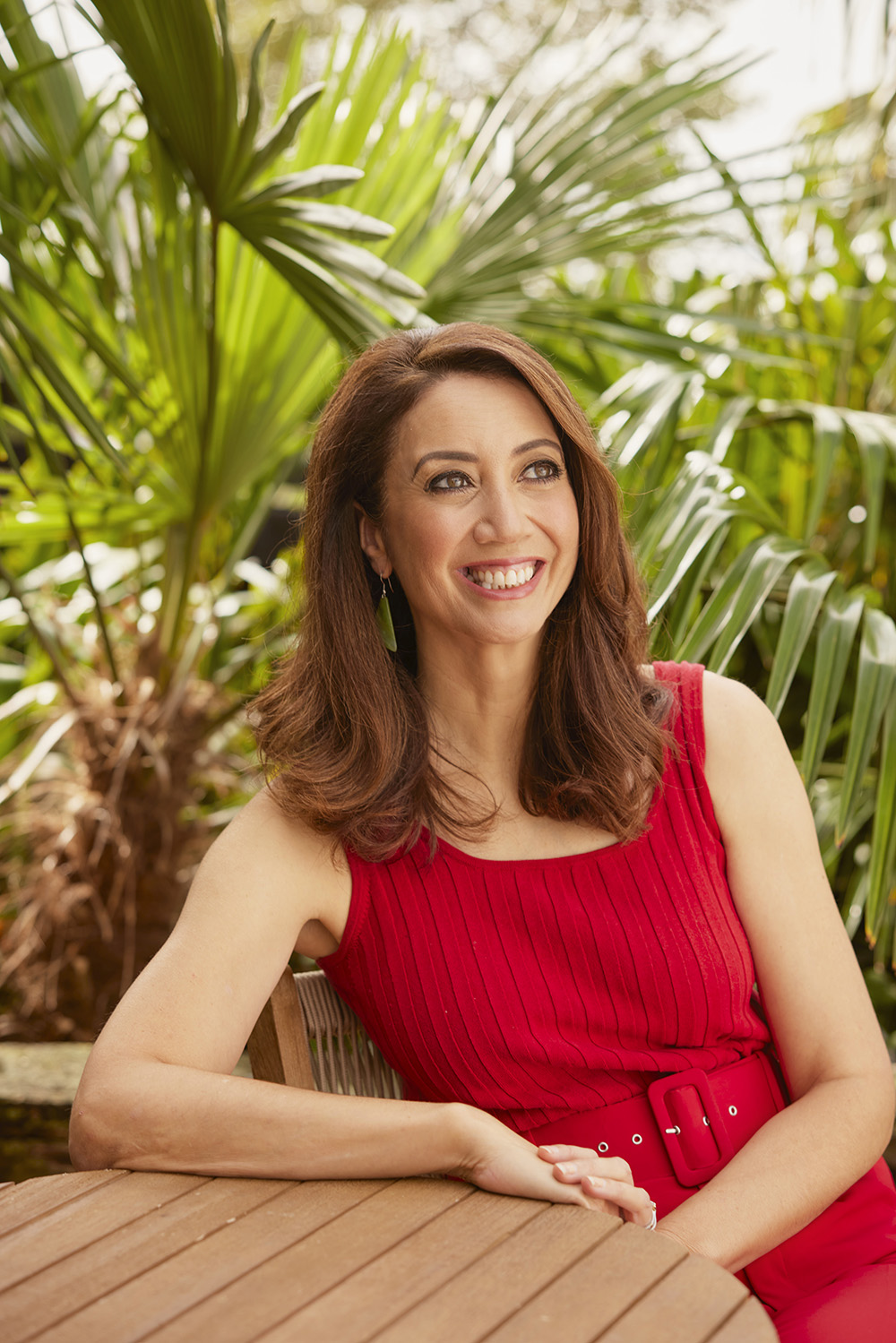
But it’s bittersweet because Raynol “still feels very much around” and Miriama isn’t quite ready to let him go, explaining that she has vivid dreams in which she speaks to her father. “They’re really potent. Just the other day, I woke up feeling like I was having a big hug with my dad, which was beautiful.”
She believes this might be due to the fact that, due to COVID safety restrictions, the Kamo whānau wasn’t able to hold a traditional tangi after he died last August.
“There’s still a sense of things not being 100% settled because we didn’t get to observe all the tikanga [customs] around his passing,” explains Miriama. “We did have a funeral service and our marae made sure he was acknowledged on his way to the urupā [burial ground], but it was hard for many people inside and outside our family, Māori and Pākehā, not to be able to say goodbye to Dad in the way they expected.
“I hope that when we put his headstone up after Matariki, that’ll bring a settled feeling because he still feels very real. He’s the picture on my phone screensaver, and I still get a little surprise when I see it and realise he’s not here.”
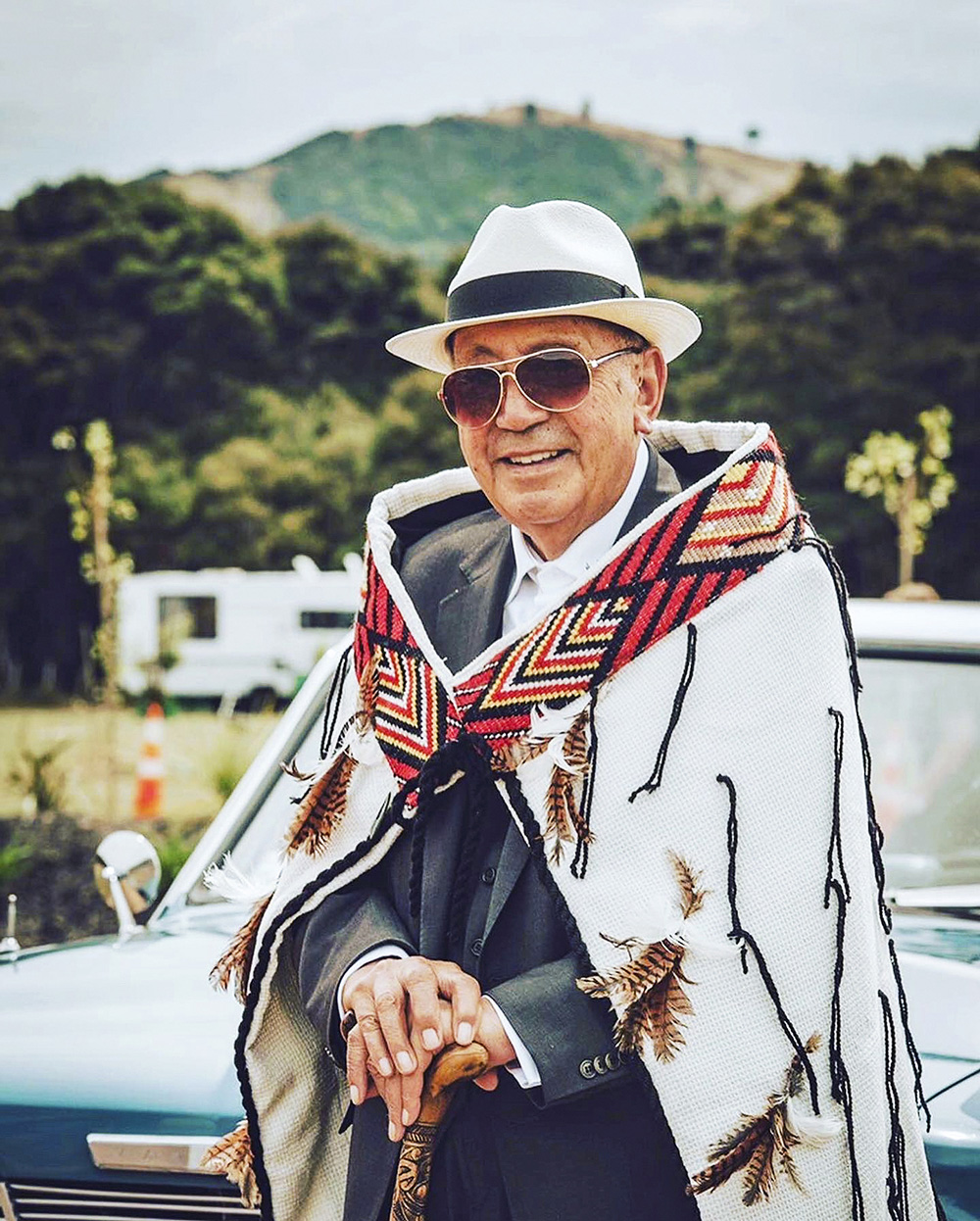
Miriama’s father Raynol tragically passed without family able to say their traditional goodbyes
Miriama pays tribute to her father in her new book Matariki Around The World: A Cluster Of Stars, A Cluster Of Stories (Scholastic NZ, $35). Co-written with Māori astronomer Professor Rangi Matamua, it explores our indigenous traditions surrounding the New Year, as well as the star cluster’s importance to a variety of different cultures.
“Dad, you believed in me, in all five of your children, relentlessly, without any doubt ever,” she writes in the dedication. “As our book is released this Matariki, so too will your soul, into the heavens and among the stars. We will look to Matariki with sadness but mostly great joy for the life you lived. You will be our star until we too take that final journey.”
With the excitement surrounding the inaugural public holiday, as Miriama says, “the timing for the book couldn’t be better”, though the project was in the works well before February, when Prime Minister Jacinda Ardern announced the date.
After MC’ing M9 – a Matariki forum featuring nine wāhine Māori, including Anika Moa, Kiri Nathan, Stacey Morrison and Dr Hinemoa Elder – in Auckland on 17 June, Miriama and her family will head to Wellington for a week of celebrations.
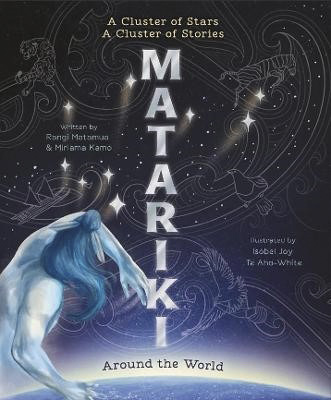
Miriama’s new book is dedicated to her late father Raynol
Renowned chef Rewi Spraggon has invited Miriama, Rangi and the team to launch their book at an event he’s hosting. She’ll also MC a big Matariki feast cooked by Rewi, before attending the official celebrations at Te Papa on 24 June.
“It’s going to be a huge week for the whole canon of knowledge around Matariki,” says the mum-of-two. “There’s so much fear around including an indigenous voice because there’s so much trauma around it on both sides – the side that had things taken and the side that took the things. But when we do something like this, we’re saying, ‘We can work together and there is a future for us.’ We’re appreciating the beauty of each culture and the partnership that we have under the Treaty.”
Aotearoa has progressed in leaps and bounds in the past few years, says Miriama. “In the first two-thirds of my career, I felt quite isolated and alienated because there weren’t many Māori voices in the mainstream. But particularly since the #MeToo and Black Lives Matter movements, the floodgates have opened on the inclusion and diversity fronts. Māori and Pākehā are actively, mindfully making it happen. It’s been sudden, but so wonderful.”
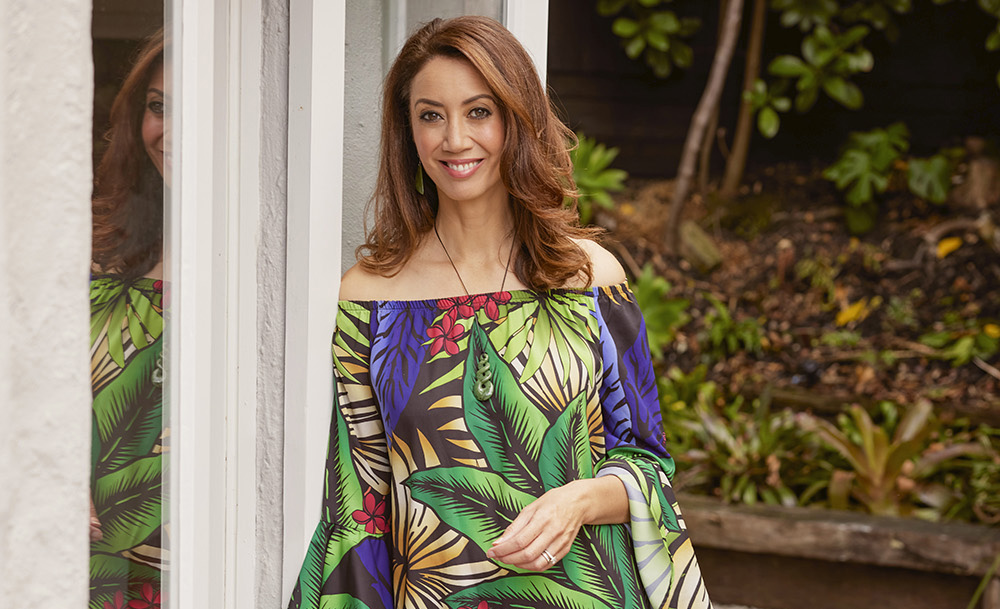 Michael Rooke
Michael Rooke
